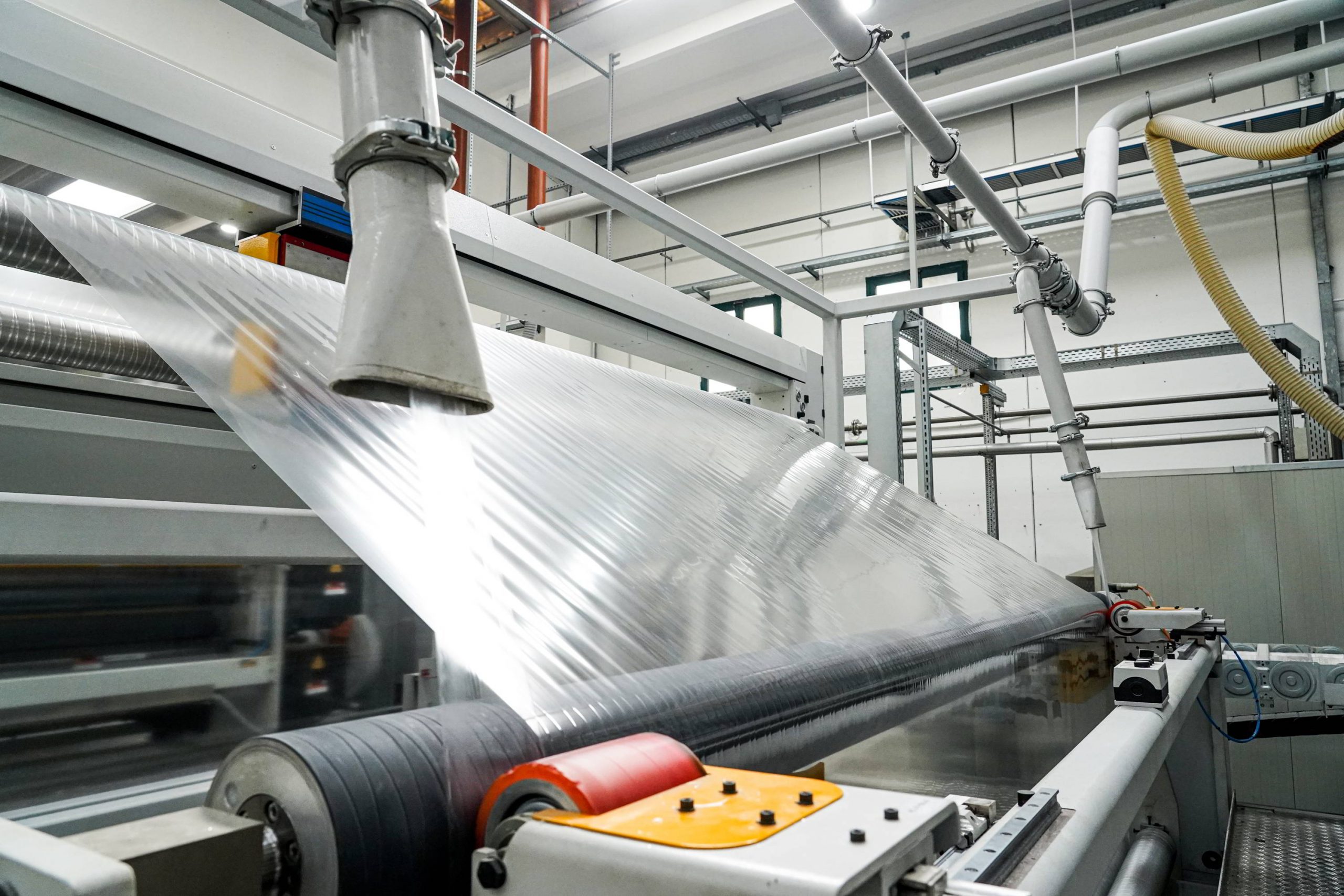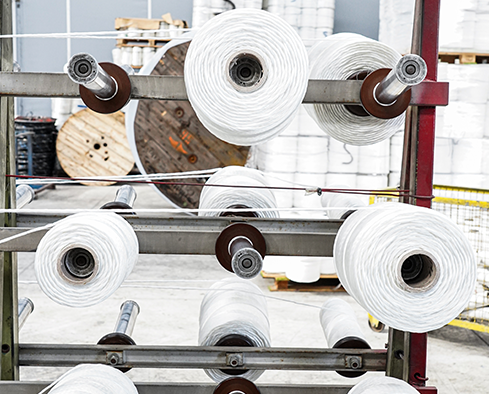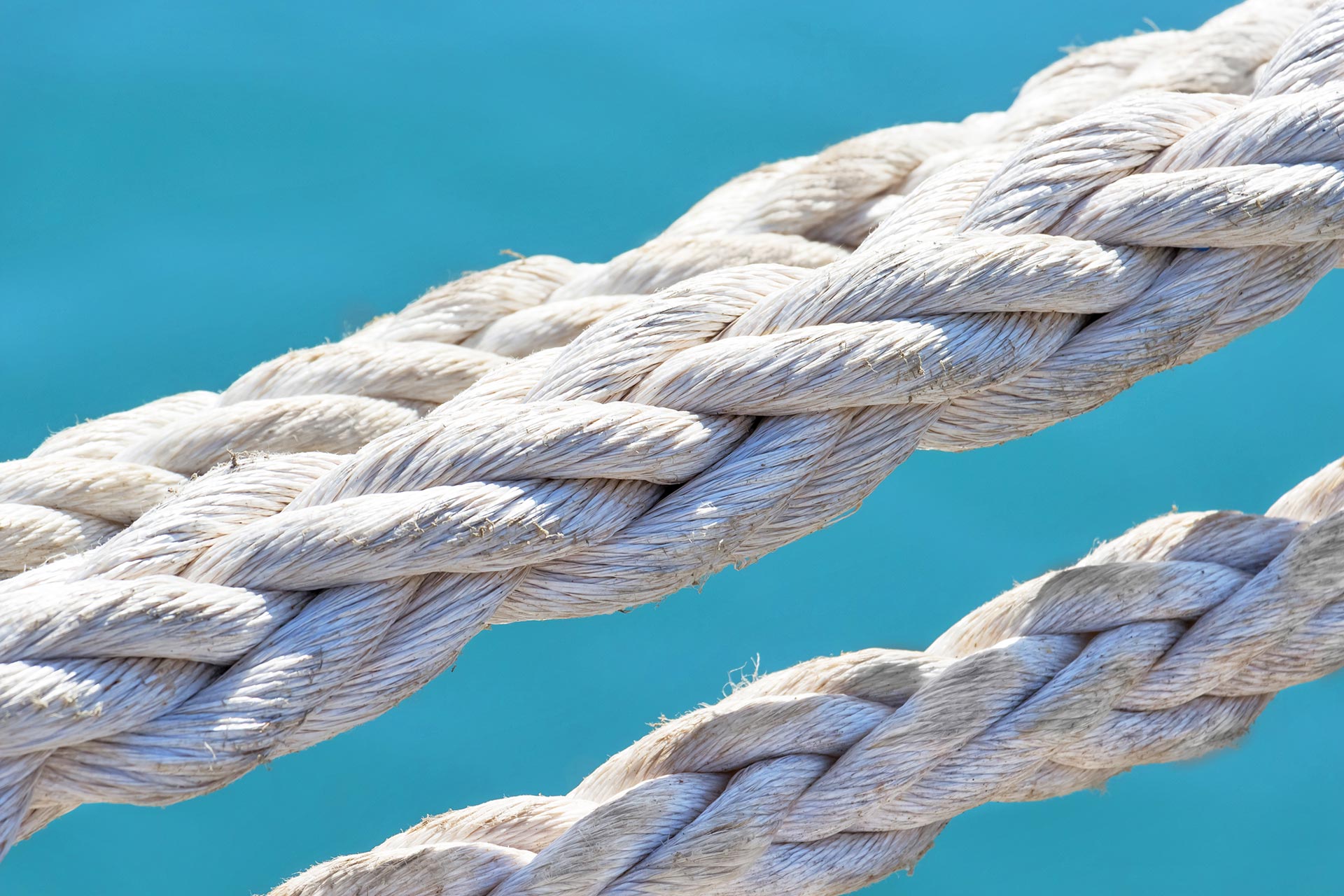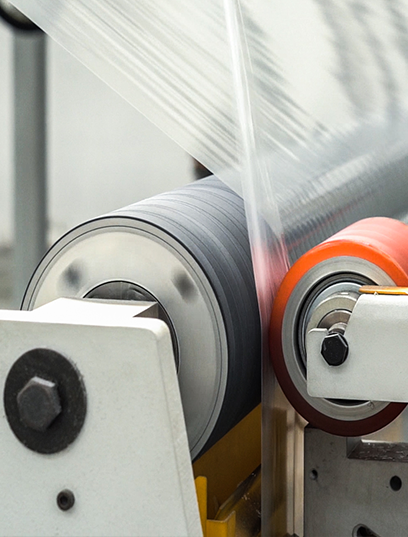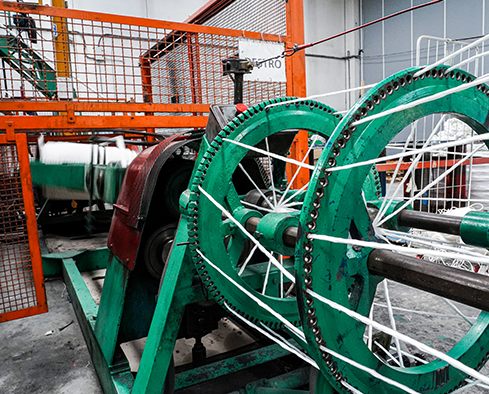Technical yarns for maritime applications are essential for producing high-quality fabrics in naval settings. These yarns are spun from suitable plastic materials, such as polyester fiber. The main synthetic fibers used in the production of yarns for maritime purposes are polyester, nylon, and acrylonitrile.
One key strength of maritime technical yarns is their durability, ensuring the production of long-lasting fabrics. These materials are designed to withstand stresses during navigation, including water friction, UV exposure, and adverse weather conditions.
Another notable characteristic is their lightweight nature, crucial for reducing the overall boat weight and enhancing navigation speed.
Additionally, these yarns exhibit high elasticity, ensuring optimal adaptability to various boat components, like sails.
In addition to strength, lightness, and elasticity, maritime technical yarns are distinguished by their resistance to saltwater. This is vital as contact with saltwater can compromise material durability. Thanks to technical yarns, fabrics used in marine environments can resist saltwater corrosion, preventing damage.
In conclusion, technical yarns for maritime use boast properties ideal for naval fabric production. Their strength, lightness, elasticity, and saltwater resistance contribute to high performance and long-lasting boat components. For optimal use of technical yarns in maritime settings, attention to fabric maintenance is crucial.
Washing them with specific maritime products, proper storage, and regular checks for signs of wear are essential to prevent major damage.
Caring for your fabrics and using high-quality technical yarns ensures a safe and reliable navigation experience, with optimal performance in every situation. Choosing technical yarns for maritime use is an investment in the durability and quality of your boat components.

